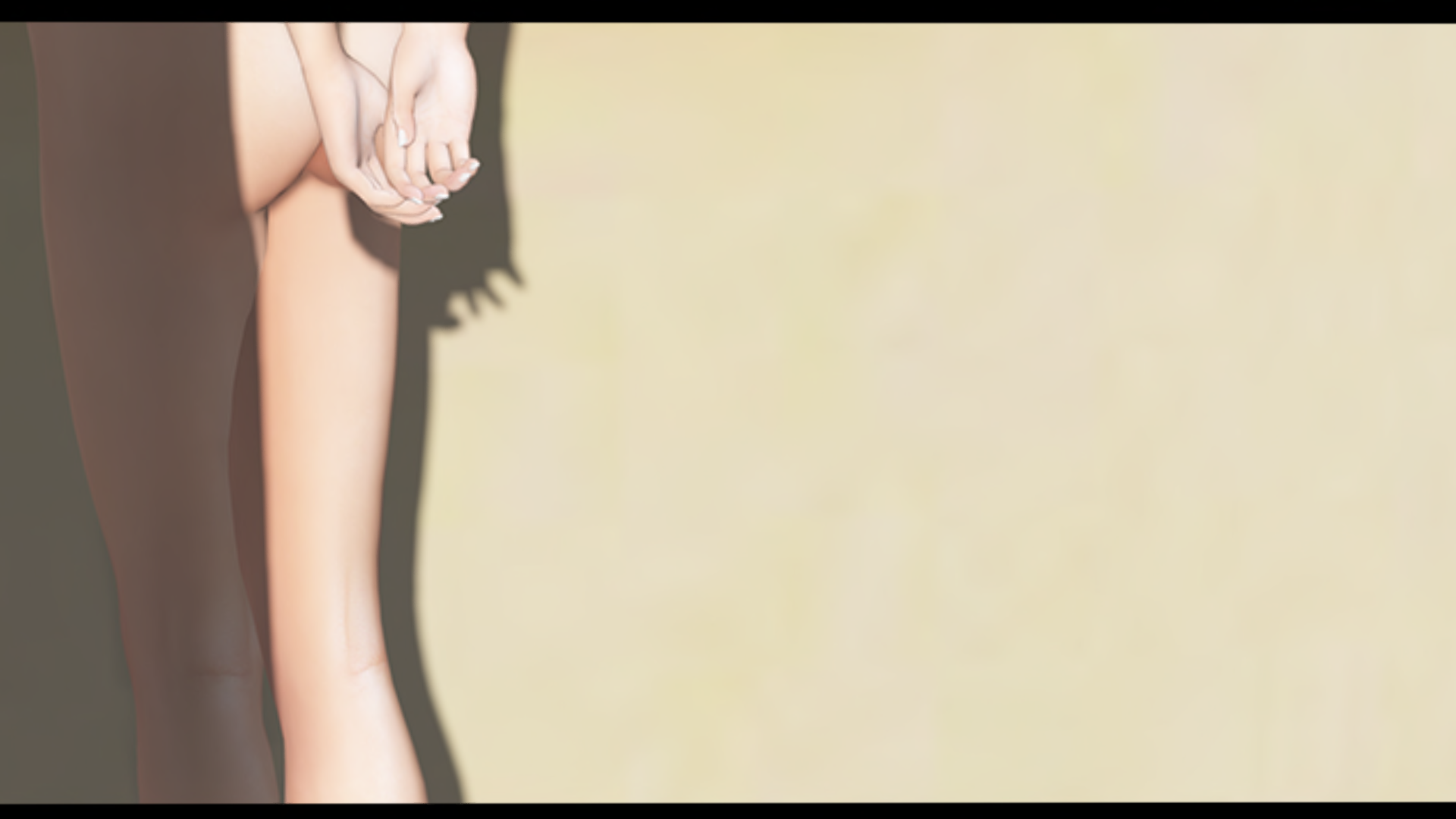Is it real?
As the line between virtual worlds and reality blurs, this question worries us, more every day, tugging at our thoughts, a two-year-old pulling on our skirt, insistent for our attention.
Is it real? Mom, is it real? Mom?
Ziki Questi’s photography makes you ask this question. Wander over to her studio at Aurelia 8, next to the MU Drawing and Painting Gallery. Step inside the small house she’s erected for her work and take a moment to look at the work she’s done. Enchanting landscapes draw in your eye luring you into the world of the photographs. An old, battered motorcycle stands outside a country gas station, the tones and colors soft and mellow against a dark sky. A brass and wood microscope sits on a table, the light wrapping itself around the instrument’s metal surfaces.
Ziki is a master photographer, but her work will call forth that two-year-old asking its insistent question – Is it real?
One photograph begs this question more than any other in her studio – the nude. Darkness and light play across the curves of a woman’s hips and legs. Shadows slide teasingly along the cleft and cleavage of her butt, all the while she stands there, her hands held delicately behind her back. It’s a lovely, sensual photo, beautifully composed, and it feels and looks so very real. If it was hanging in a real life gallery, among real life nudes, it might not ever occur to you to ask that nagging question – Is it real?
Perhaps we need some sort of Turing Test for photos.
In his 1950 paper, Computing Machinery and Intelligence, Alan Turing asked the question, “Can machines think?” He suggested this was the wrong question. The idea and definition of think was open to too many interpretations. Instead of trying to answer the specific question, “Can machines think?”, he proposed a test, commonly known as the Turing Test, but also known at the Imitation Game, the name Turing gave to his test in his paper.
Simply put, if a machine, a computer, can successfully convince an interviewer that he or she is speaking to a human, the machine can be said to have passed the Turing Test and could be considered intelligent. This test is ultimately subjective and dependent on the skill of the interviewer’s questions and the interviewer’s ability to analyze the responses.
Ziki Questi’s photo and those by other virtual photographers whose work appears “realistic” beg a similar test. At what point does a realistic photo of a virtual subject become “real”?
You can interrogate a photo to some extent. You could examine the skin of the subject in the photo, looking for pores, perhaps. But those fade away even in real life photography. You could examine the shadows. Are they too defined? Too pixelated? You could zoom in, hoping the pixels will reveal the true nature of the photo.
But a talented virtual photographer can take an extremely realistic photo, now. As virtual realms become more realistic the line between what appears real and what appears virtual is rapidly evaporating. A high-resolution photo taken with all the appropriate settings used to give a photograph realistic qualities could “fool” the vast majority of “interviewers”.
If you apply the same subjective criteria of the Turing Test to virtual photography, you could reasonably say it has already passed its own Imitation Game. Unless the interviewer is highly skilled with a detailed knowledge of the difference between digital and virtual photography, it isn’t possible for most of us to distinguish a well-composed, realistic virtual photograph from a real life photograph.
Virtual photography has passed, now, we await the machines.



Pingback: Ziki Quest and the Turing Test http mediciuniversity… | MU Talk
Myra, this is a thought provoking piece and a very enjoyable read! Ziki’s Virtual photography is a beautiful example of creativity that makes you question your own perception.. And regardless of the answer, thats a good place to be 🙂
Great article Myra. Very thought provoking. 🙂 🙂
Interesting post. Great art takes us out of our own internal world and puts us in the eternal present moment, whether it is actual is a distraction, yes?
Has anyone seen Ex Machina? The Touring Test is a prominent theme in a movie thriller that asks tough, intellectually stimulating questions.
Art, Oona, Paypabak, Thank you so much.
@Paypabak, I’ll have to watch Ex Machina. When I told a friend about this article, yesterday, she mentioned that movie, too.
Great article, Myra! It’s nice to hear about Ziki’s photography and I love the idea of a virtual photography Turing Test. Thought provoking.